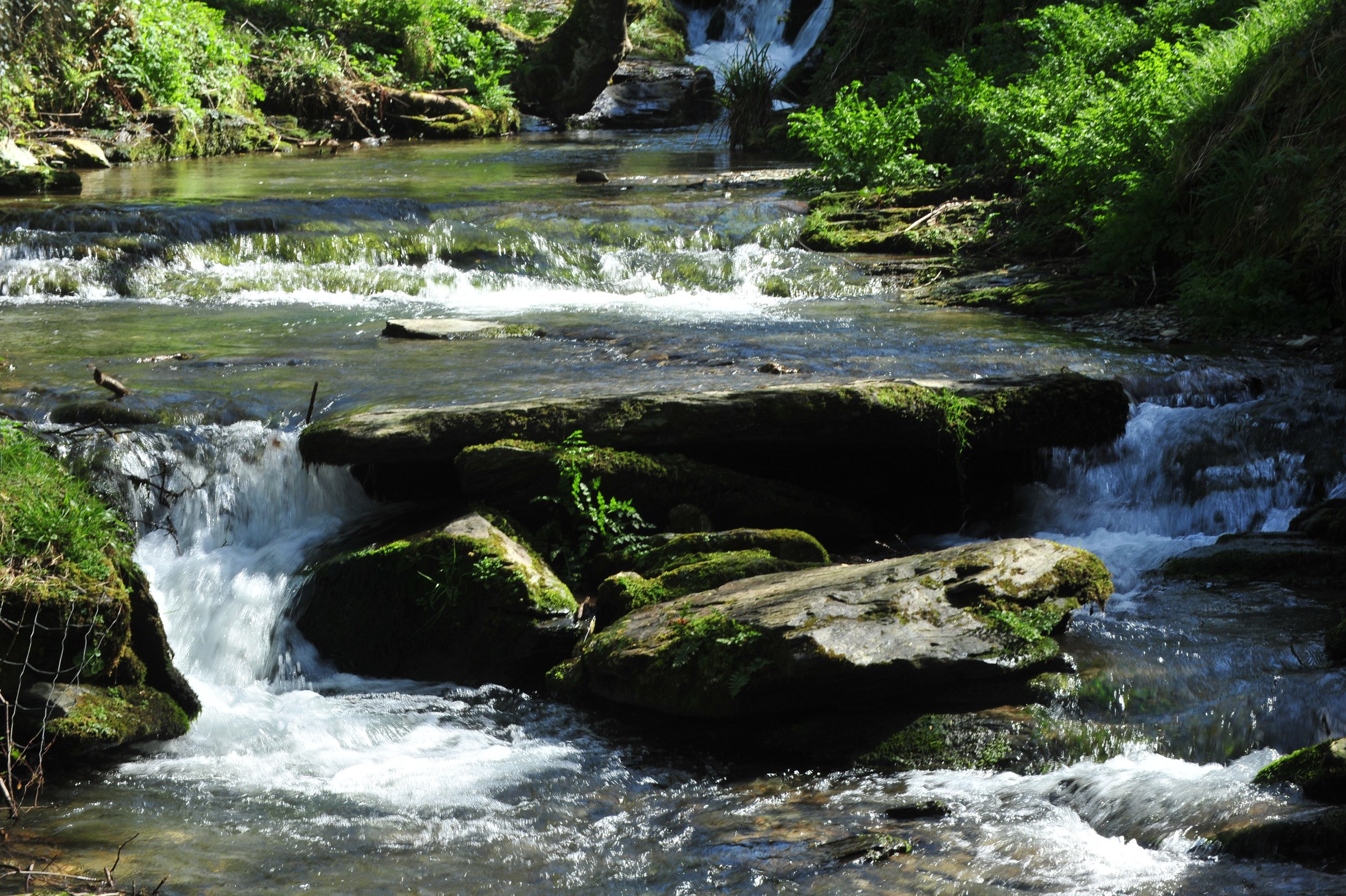Journey With the Wheel of the Year
Learning about and becoming aligned with the natural rhythms of the Earth, forming relationships with the spirit guardians of the land and marking the Earth’s cycles in ceremony, are important parts of Shamanism and Animism. These practices help us feel connection and kinship with the other-than-human beings that we share the land with. They help us to remember we are part of the web-of-life, that we both impact and are impacted by, the Earth’s cycles.
Connecting with the cycles and seasons of the land in the area where we live, making it specific to where we live, is essential to deepen these connections, helping us to feel that we belong. Whether we have ancestral ties to the area where we live or we are relatively new to the area, we have to find ways to honour the Earth and more-than-human beings we live amongst respectfully.
Throughout the world there are different cultural traditions, many of them ancient, which honour specific, place based cycles and seasons. For instance, many people are familiar with the Medicine Wheel, deriving from the spiritual traditions of Native American peoples, which honour the energies and cycles of their land in specific ways.
Many people in other cultures and other lands work with the Native American Medicine Wheel as a framework to help them honour the land where they live. Yet this framework doesn’t work out of it’s cultural and land-based context. We cannot borrow or use another people’s tradition to honour the land where we live if these traditions were not created for this purpose. And in a world still struggling with the continuation of colonial land and power grabbing, it’s inappropriate to use another people’s tradition without their wholehearted permission.
In the context of connecting with the seasonal cycles and more-than-human beings who live within the land of Britain, we have to find our own ways to honour and celebrate the beings we live amongst.
Though we have lost many of the specific traditions and ceremonies of the people of Ancient Britain, there are many clues remaining to help us understand what was important to them, from ancient stories to monuments of stone to remnants of “folk” customs still honoured in villages today.
Most of the people that lived in Britain throughout the ages were pre-literate but when those that colonised the lands arrived, the Romans, Christians and Normans in particular, they documented the ancient stories, local traditions and ceremonies. The Christians built churches on ancient sacred sites, reworked ceremonies and customs to honour the Christian faith and captured the old stories, writing them in manuscripts, many of which still exist. Though these stories are often elaborated to align with the Christian faith or a political issue of the time, clues remain within the stories of the old ways of the land of Britain.
The ancient stories and remnants of village customs show that people celebrated specific astronomical and Earth based events, including the equinoxes and solstices, the changing seasons and the cycles of the moon. They also celebrated what are known as the fire festivals of Imbolc, Beltane, Lughnasadah and Samhain.
Whilst we don’t know how far back these traditions were practiced and we can envisage many changes over time, we do know that the lands of Britain had a lively spiritual and ceremonial tradition involving an awareness of astronomy as far back as the early Neolithic, almost 6,000 years ago, via the monuments in stone that they left behind.
In earlier periods, before people constructed the large ceremonial monuments of stone such as long barrows and stone circles, the traces they left behind of their spiritual beliefs and practices were more ephemeral. Yet archaeological research is continually showing evidence that people within these lands honoured the natural rhythms of the year, often by making offerings at specific places on the land, usually in watery liminal places such as rivers, lakes and bogs or by marking the turn of the year with large gatherings of people in ceremony.
Britain is thick with mythology, story and history; with enchanted glades of oak dripping with moss and lichen, clean water bubbling up between their roots marking the presence of faery gateways, massive animate boulders of stone, caves of dragons and the Wise Ones, who worked with the nature spirits to look after the beings on the land.
It is possible to access the old traditions of this land, with a little research and creativity, with spending time on the land getting to know the spirit beings and the physical other-than-human beings, the places which are sacred and those which are out-of-bounds. We can sit amongst the ancestors at the monuments they left behind, we can journey to meet with them in spirit and learn some of their ways.
As we learn to take footsteps into the traditions of this land, to honour those that once lived here, orientating ourselves to the ancient wheel of the year as marked down in more recent times, is one way of starting this journey. To honour the changes of the seasons, the astronomy and the fire festivals that were celebrated long ago.
Learning to live closer to the rhythms of the land takes time in our modern world and is best achieved by developing a regular practice. What is offered here is a monthly connection with both the wheel of the year, as might have been honoured by the ancestors of the Isles of Britain, plus a dive into the present energies that are also having an impact on all beings within the web-of-life. This includes specific weather patterns (often changing in these times), and prominent local and global issues.
We also dive into the astrology of the time as, whilst we don’t know whether people in Ancient Britain honoured astrology in the way it is understood today, it has always been a part of my practice and I find it very helpful, in general terms, to assist in aligning with the seasons and the energies of the land.
Practicals
The online group meets monthly on or around the new moon, on either Thursday or Sunday evenings (7.30pm GMT) for two hours. Specific dates are on the booking page.
Commitment is required by participants who wish to join the group by subscribing to a monthly payment of £10 (booking via this website - click on the link below). You can leave at any time, by giving a month’s notice by email.
No prior experience of shamanism or animism is required to join this group. Whilst the group will involve elements of shamanic journeying, some of this will be guided and all other practices will be taught or held by others within the group.
The framework of each session will involve guidance on what is happening in the land and with all the beings of that land, followed by a guided ceremony and shamanic journey to further help to deepen connection with the land and the energies that are present at that time, giving a framework and tools to work with throughout the month.
To sign up, click on the link below or get in touch with me at: samara@rewildingthesoul.org




